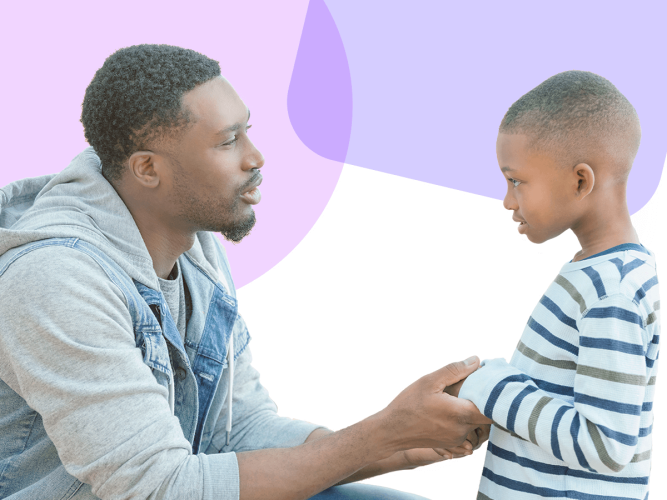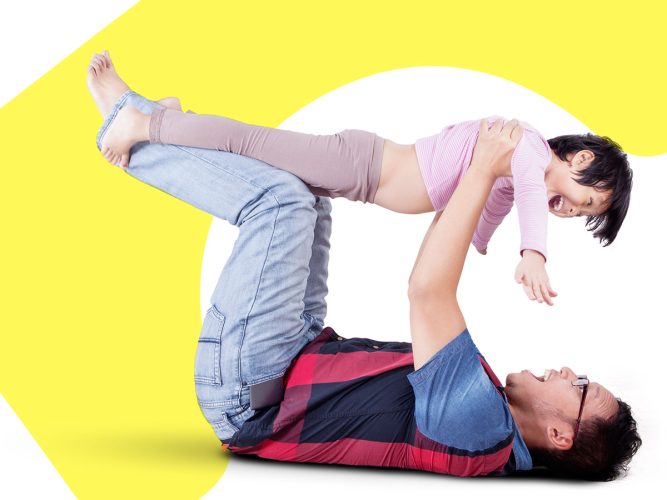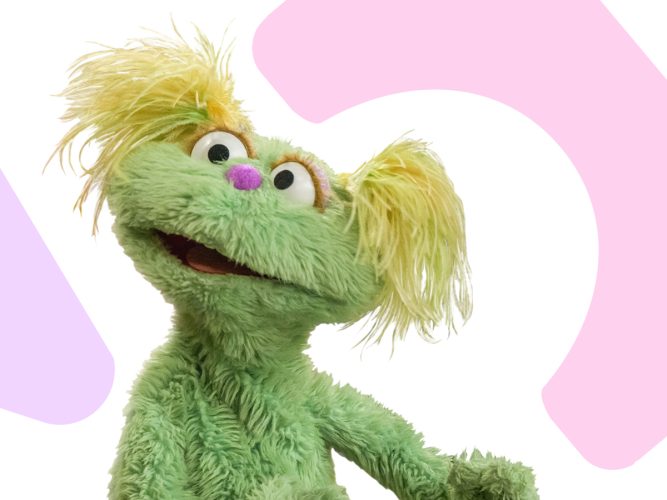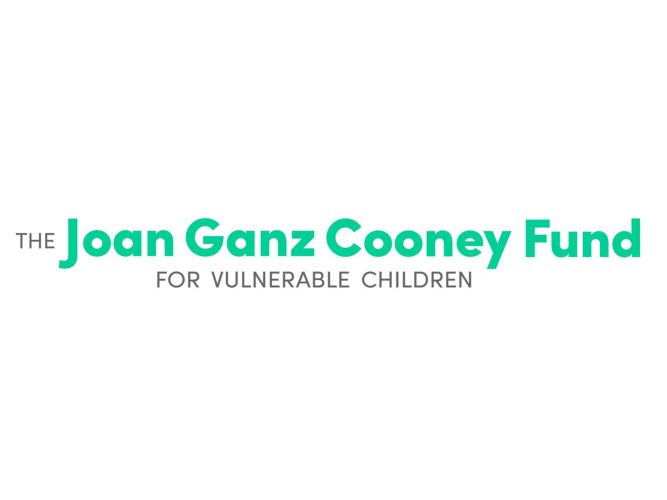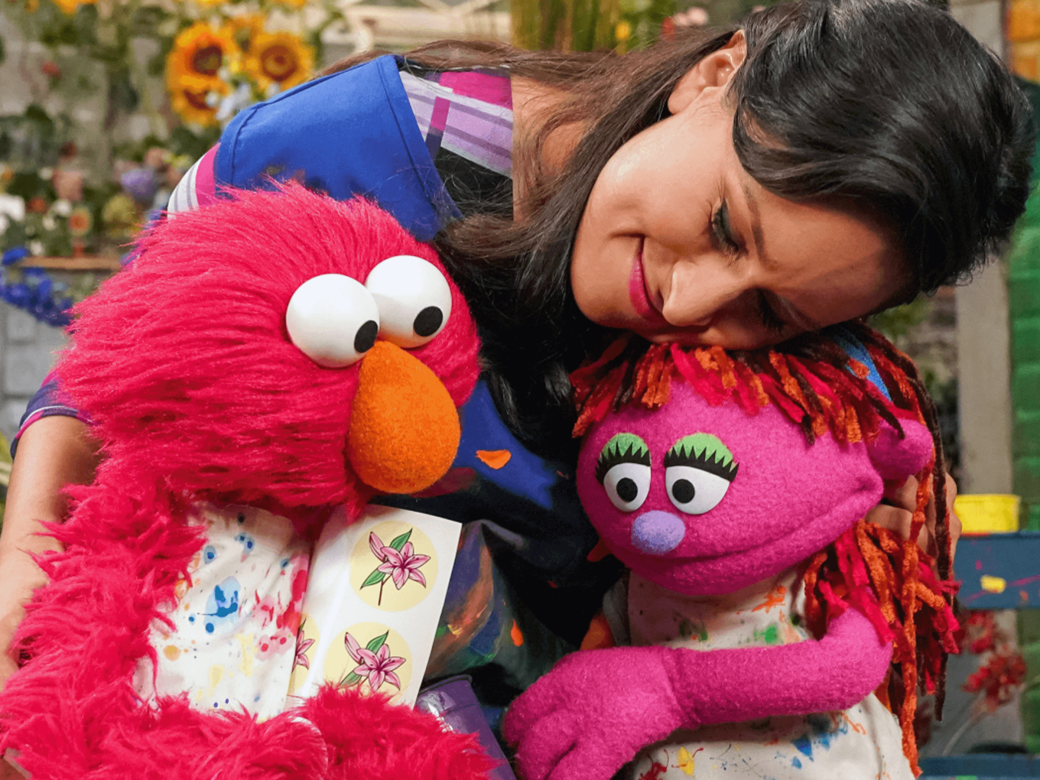
Traumatic Experiences
Helping children cope with traumatic experiences and giving caring adults the tools to foster nurturing connections.
Nearly 1 in 7 American children today grow up in poverty. With economic hardship comes added stresses, such as hunger, uncertain housing, and a parent absent or behind bars.
Often, children face compounding challenges — such as being placed in foster care due to a parent’s substance abuse disorder. Studies show that exposure to these kinds of traumatic experiences in the first five years of life can hold back children at a critical time in their development, with lasting consequences if they don’t receive the right support. But children are remarkably resilient, and traumatic experiences don’t need to define a child’s long-term trajectory.
Grounded in the latest research and created in consultation with experts, our resources feature proven strategies used by social workers, therapists, health care providers, and educators. From targeted resources on tough topics like homelessness or foster care, to professional development for community providers serving families most in need, Sesame Workshop is helping children cope with challenges big and small.
Sesame is going directly into communities to help children and families get through tough situations and come out the other side stronger. Our free, bilingual resources include videos, storybooks, games, and activities that give children and caregivers the tools needed to cope with life’s biggest challenges. The work is sustained through a circle of local providers like teachers and social and health workers who serve families directly impacted by traumatic experiences.
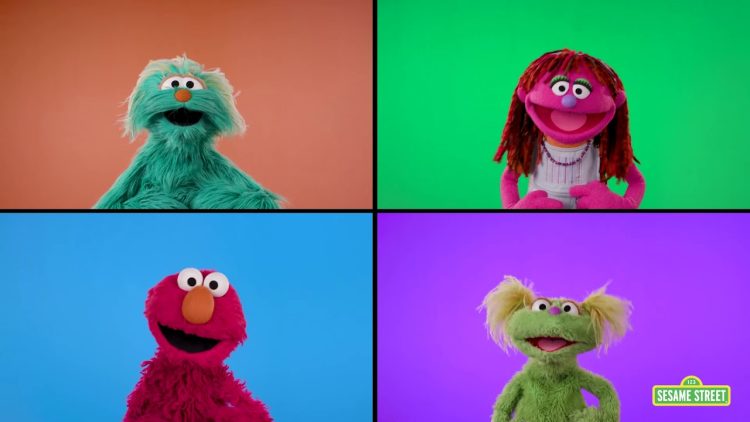
We’re Special and So Are You
Feeling confident and unique is one building block of resilience.
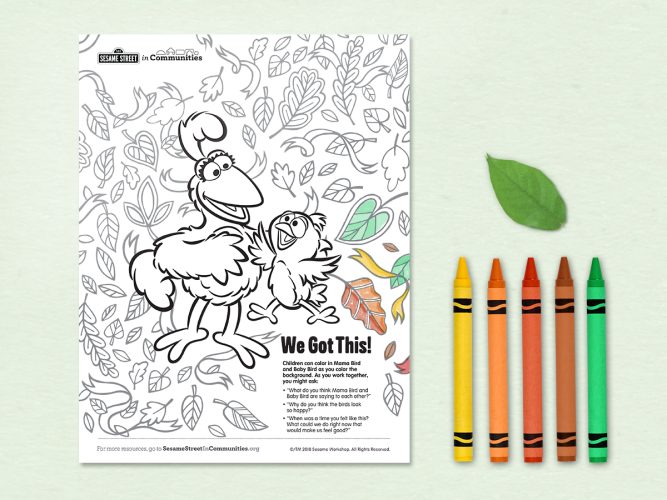
We Got This!
A parent-child coloring page.
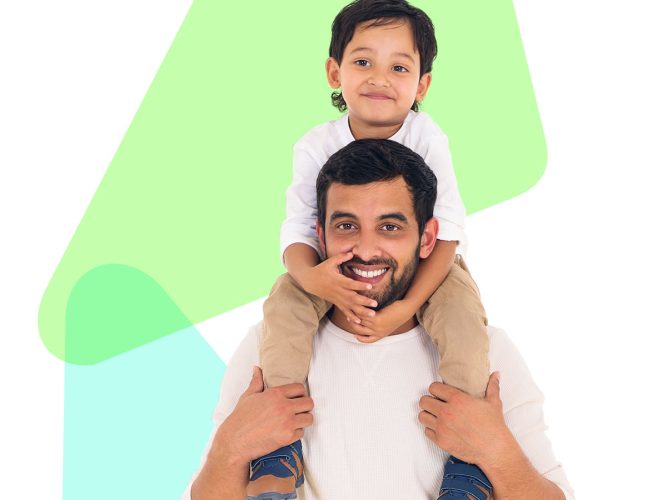
Little Children, Big Feelings
Use these strategies to help a child open up about their feelings.
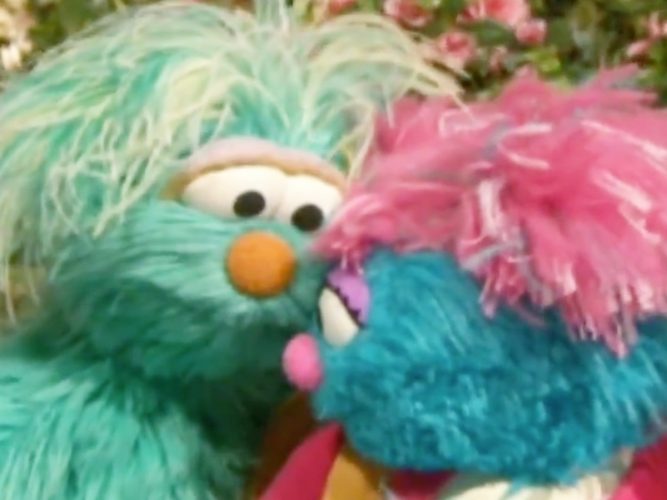
Giving Hearts Time to Heal
Remind kids that grieving and healing both take time.
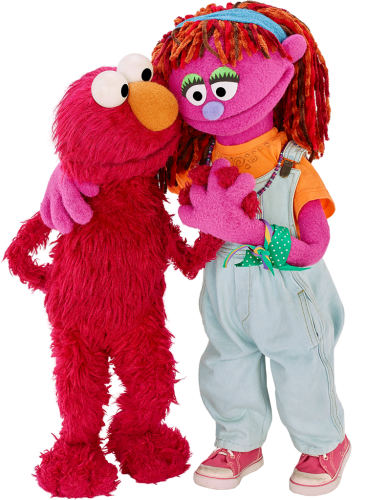
We’re helping teachers, doctors, social workers, and caregivers give children a strong and healthy start. We’re connecting a network of community service providers around the country who work with vulnerable children every day, equipping them with free professional development training, easy-to-share resources for families, and much more.
Karli is a young, 6-and-a-half year old green monster with yellow hair who is in the care of two foster parents, Dalia and Clem. Karli’s mother is away getting treatment for her addiction but Karli has the support of her foster parents and her friend Elmo to navigate this big change and remember that she belongs.
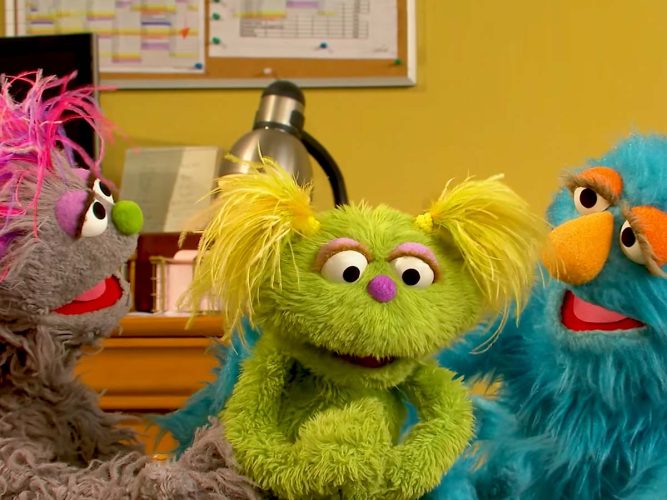
A Place for You
A video with a song full of “mantras” that children can sing to themselves.

Karli’s Coloring Quilt
“The 7 Cs” are seven important ideas for children living with a family member’s addiction to remember.
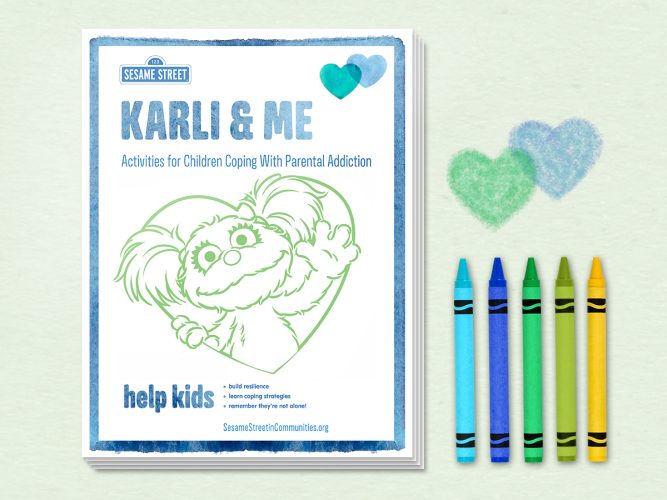
Karli & Me Activity Book
This book can support you in building children’s resilience when faced with the unique issues presented by a parent’s addiction.
1 in 8 Children
Live in a household with a parent who has a substance abuse disorder — a number that doesn’t include the countless children not living with a parent due to separation or divorce, incarceration, or death as a result of their addiction.
With their warmth, humor, and friendly personalities, our Sesame friends open up about serious topics like homelessness, foster care, and addiction in targeted resources.
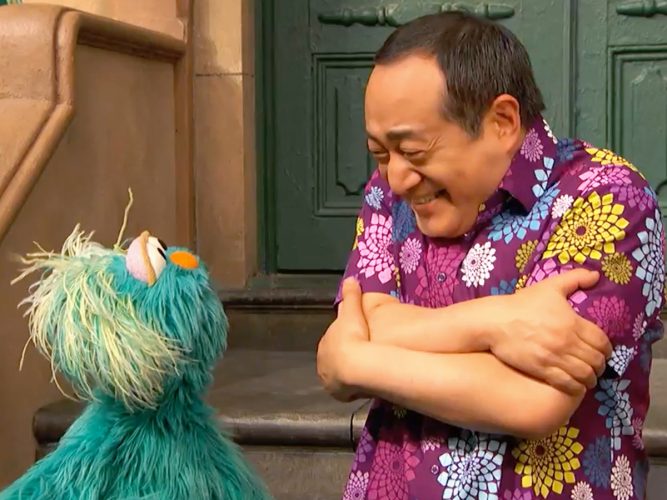
Give Yourself a Hug
Hugs help. Hugs heal. Safe, nurturing touch is key to kids’ healthy development, but they don’t always need another person to help them feel the benefits of hugs!
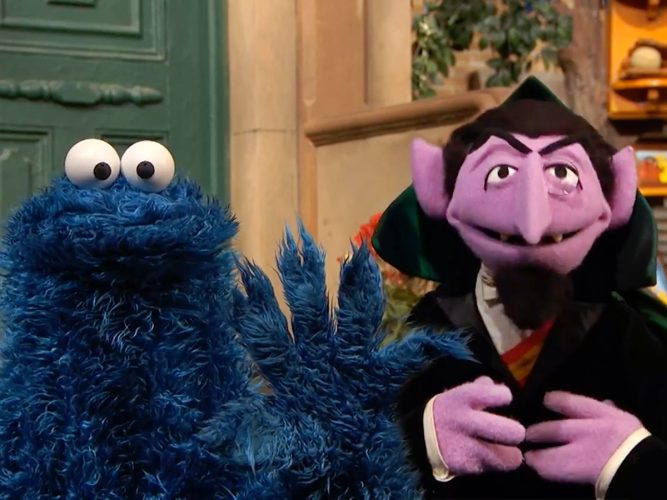
Learning How to Count, Breathe, Relax
Small things can set kids off, but you can teach them a self-soothing breathing exercise to use on their own.
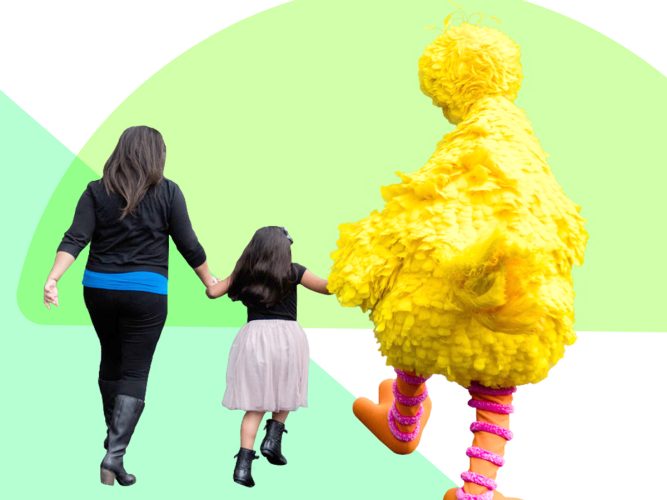
H Is for Hope
For kids who have experienced trauma, hope can lead to healing.
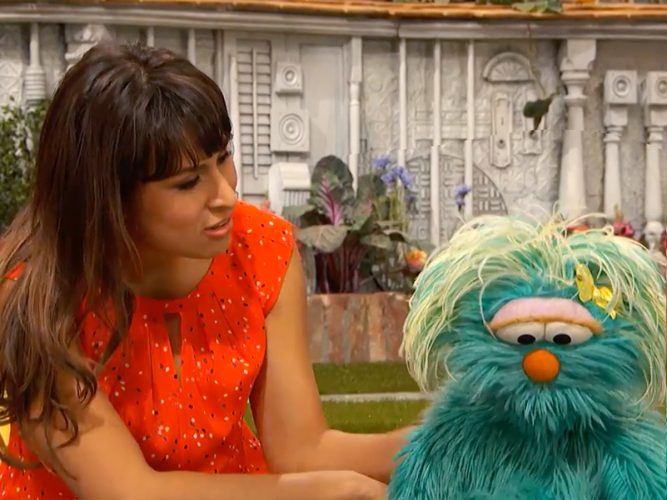
I Can Let My Feelings Out
After trauma, if words aren’t easily available, there’s a first step to helping children express their feelings.
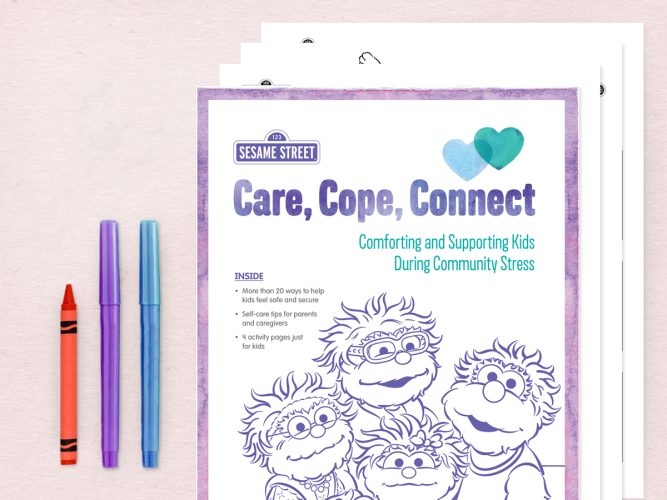
Care, Cope, Connect Provider Workshop
The support you offer in difficult times is crucial to your community.
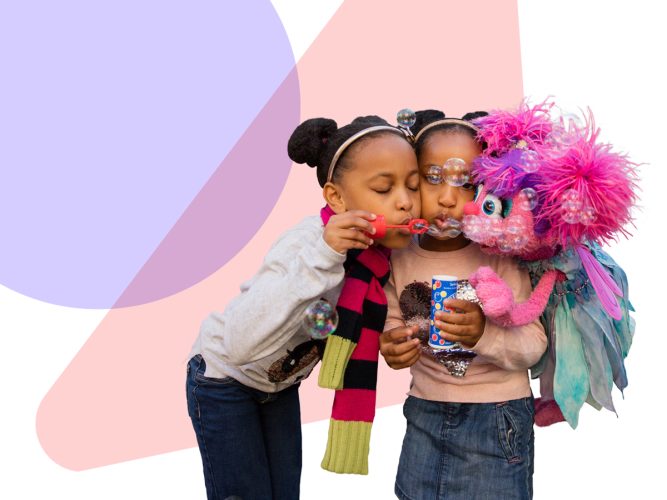
Responses to Traumatic Experiences, Age by Age
Responses to trauma look different at every stage of development.
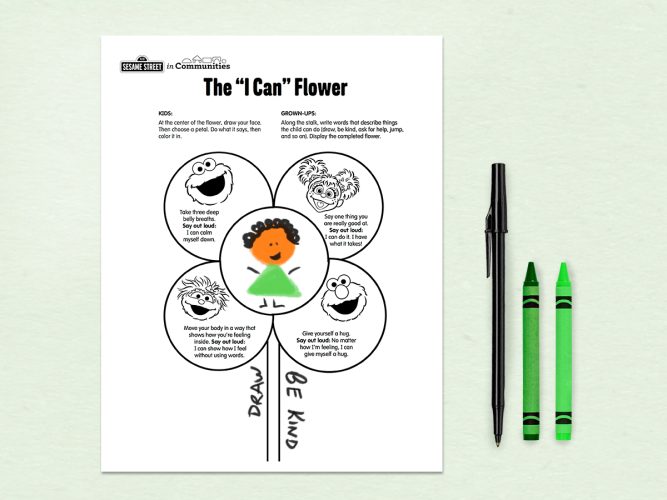
The “I Can” Flower
Traumatic experiences can hurt a child’s confidence and self-esteem, but there are ways to begin strengthening it again.
Explore more resources addressing traumatic experiences children face.
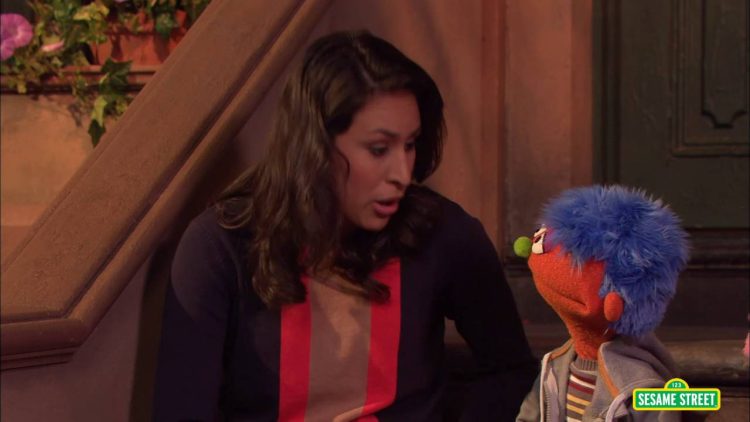
Talking About Your Feelings
For kids, learning to understand, express, and manage their emotions is just as important as learning the abc’s.
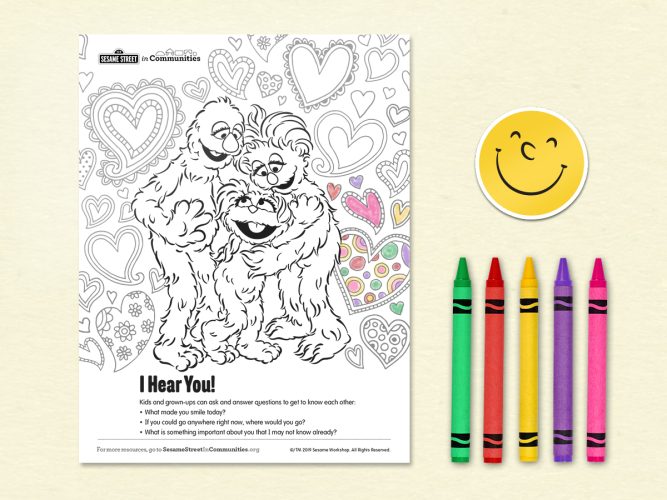
Adult-Child Coloring Page: I Hear You!
You can communicate important ideas to children without saying a word.
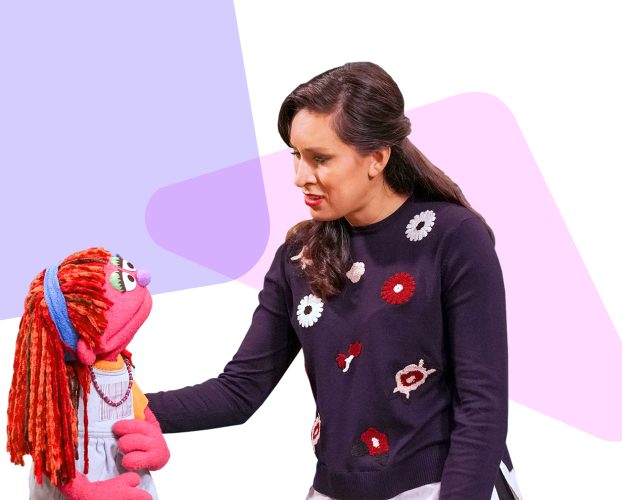
Talk About It: For Children Experiencing Homelessness
Honest, age-appropriate ways to respond to children’s difficult questions.
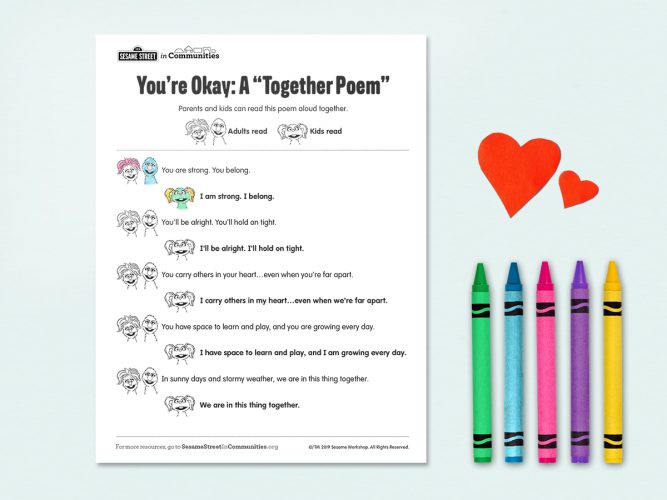
Together Poem: You’re Okay
A poem for adults and children to read together.
